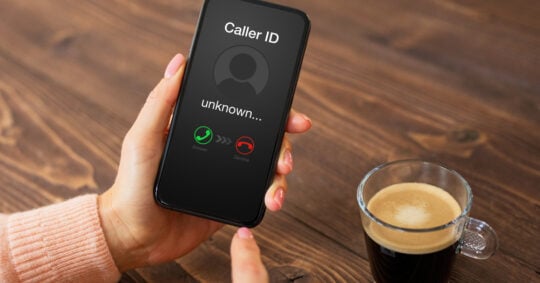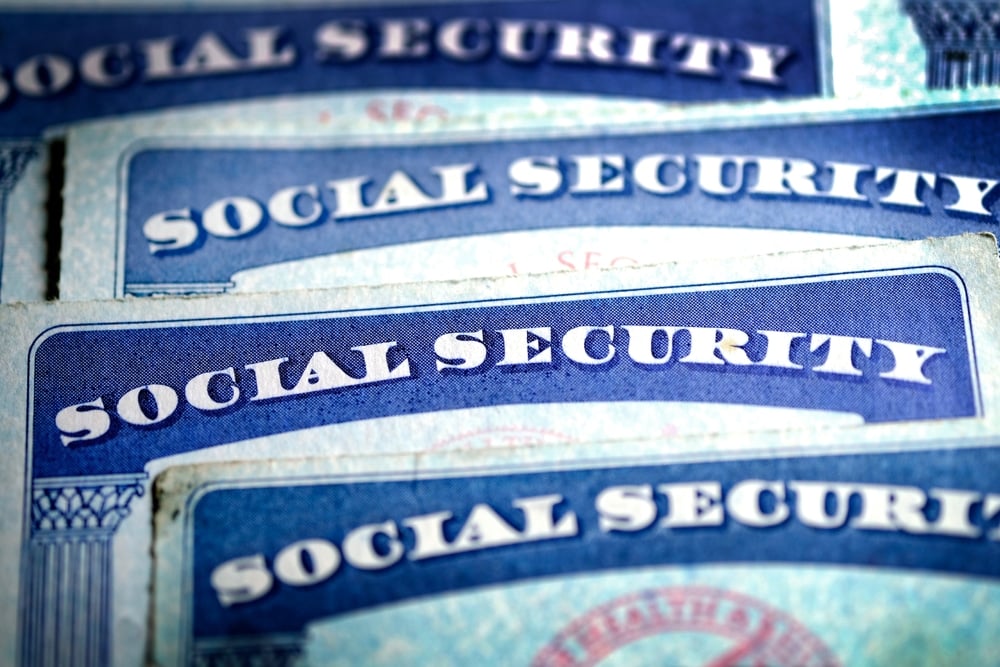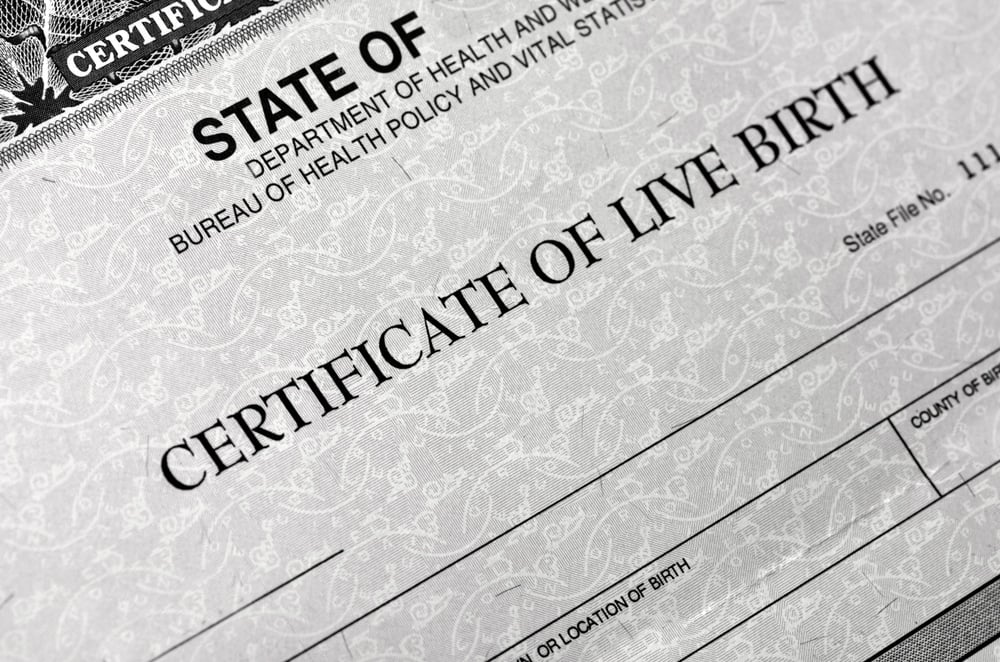Can People Track Your Phone Number?
Cindy Ellis - March 10, 2024

In today’s digital age, privacy is one of the biggest concerns for everyone. All of our information is available on the Internet for everyone to see. This makes it incredibly easy for anyone to access and potentially misuse our data.
If you’re wondering if people can track your phone number, then the answer, sadly, is yes. If someone knows what your number is, they can find your location with a high degree of accuracy.
In this article, we’ll look more at why this is possible, what it means for you, and what you can do to minimize it. If you’ve been wondering whether it’s possible to be completely anonymous on the Internet, you’ll get the answer here. While things might sound a bit bleak, all is not lost just yet.
How People Track Phone Numbers
It’s important to note that your phone number itself isn’t a direct link to your real-time location, but it can be used as a piece of the puzzle for tracking. Here are a few ways this might happen:
Cell Tower Triangulation
Cell phones connect to nearby cell towers to transmit signals. By analyzing the signal strength from multiple towers, someone with the right equipment and permissions (like law enforcement agencies) can estimate your phone’s general location. This isn’t pinpointed as far as accuracy is concerned, but it can provide a starting point for further tracking.
Phone Apps With Location Sharing
Many apps, with your permission, can access your phone’s location data. This allows features like location sharing with friends or targeted advertising. However, malicious apps or someone with access to your phone can misuse this permission to track your movements.
Combining Information From Different Sources
In some cases, people might combine your phone number with other data points to narrow down your location. This could mean linking your number to social media profiles that reveal your city or use services that claim to associate phone numbers with addresses.
One positive aspect of this situation is that these methods usually need specific circumstances and permissions for someone to track your location using just your phone number.”
What This Means for You
The average person often has their phone number potentially circulating in various places (college groups, public forms, etc.), which means there’s a chance your location isn’t entirely anonymous.
While pinpointing your exact whereabouts with just a number is difficult, it can serve as a starting point for individuals attempting to track you.
Imagine your phone number as a label with your general area. Cell tower signals provide a rough map, placing your label somewhere in a specific city district. Social media or data services might add details like the kind of shops you frequent, narrowing the label’s location further.
Now, this doesn’t mean someone is constantly monitoring you. However, in the wrong hands, this cumulative information could be used to build a more comprehensive picture of your movements.
Steps You Can Take to Alleviate Phone Number Tracking
Completely eliminating tracking through your phone number is difficult, especially if it’s already in circulation, but there are several steps you can take to minimize the risk significantly. Here’s what you can do:
Be Mindful of App Permissions
When installing an app, carefully read the permissions it requests. Does a photo editing app really need access to your location? Most likely not. Deny unnecessary permissions and only grant access when absolutely essential for the app’s core functionality while also regularly reviewing and adjusting app permissions on your phone settings.
Limit Phone Number Sharing Online
Sharing your phone number online increases the chances of it falling into the wrong hands. Avoid listing it publicly on social media profiles or random websites.
Consider using a separate phone number for online registrations, especially for non-essential services. Burner phone apps that offer temporary numbers can be an option, but those may come with their own issues.
Enable Privacy Settings on Social Media
Review and adjust location-sharing settings on all your social media platforms. Sharing your location with every post can create a digital footprint of your whereabouts – make sure you choose to share location only for specific posts or disable it entirely.
Consider Using Privacy-Focused Apps
There are alternative messaging apps available that prioritize user privacy. These apps often have end-to-end encryption(WhatsApp is a common example), making it much harder for anyone to intercept your messages or track your activity. Explore these options if privacy is a major concern for you.
Turn Off Location Services When Not in Use
While location services offer convenient features, they constantly track your movements. Disable location services on your phone entirely when you don’t need them. This reduces the amount of location data your phone collects and transmits.
Be Cautious of Public Wi-Fi
Public Wi-Fi networks are notorious for being vulnerable, and using them could expose your phone’s data to potential snooping. If you must connect to one, you’ll want to avoid sensitive activities like online banking or using unencrypted messaging apps on public Wi-Fi.
A virtual private network (VPN) for an extra layer of security may also help when you’re on public networks.
Remaining Private In an Increasingly Public World
While your phone number might not be a flashing neon sign constantly revealing your whereabouts, it can offer clues to someone intent on piecing together your movements. How do you avoid it? By being mindful of app permissions, exercising caution when sharing your number online, and utilizing the privacy settings and tools at your disposal.
This can significantly reduce the risk of your phone number being used for unwanted tracking, but remember – achieving complete anonymity online may very well be impossible at this point.
Nevertheless, taking these steps will empower you to remain in this digital world with greater control over your privacy and security.






